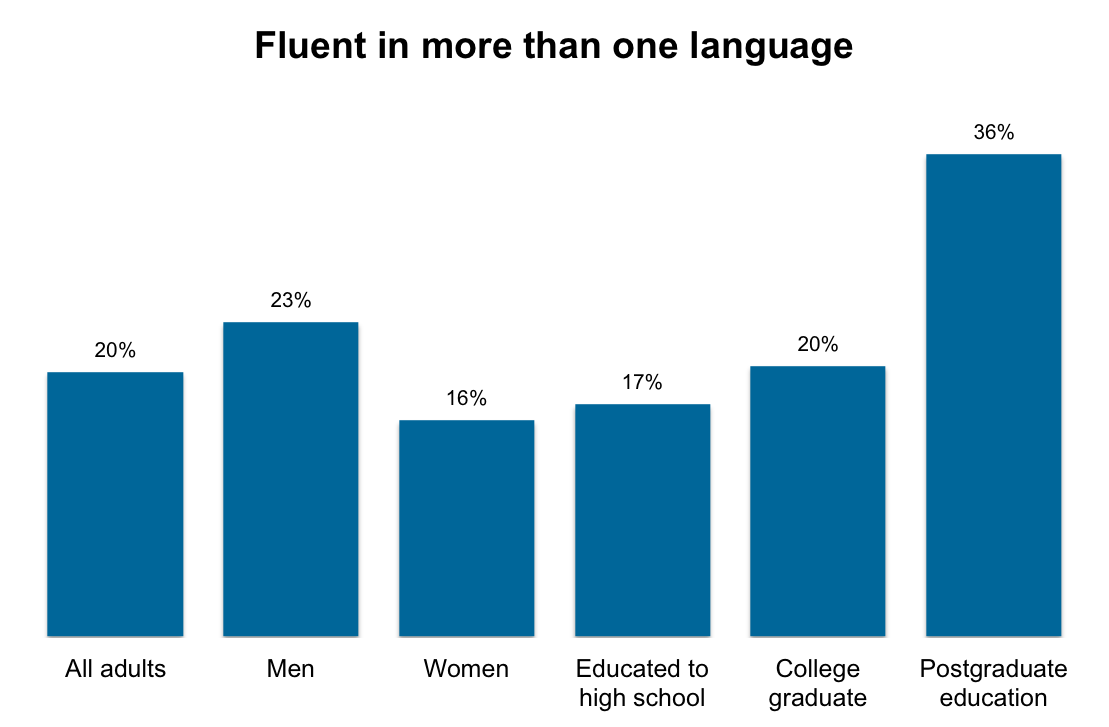I was born and raised in Jordan. At the age of four, my dad moved to Texas due to the lack of jobs available after losing his job. My mom, despite the unimaginable toll of my father’s absence and the financial hardship, instilled determination and perseverance in me and my siblings. During my early childhood, I hated it when people asked: “what do you want to be when you grow up?” because I thought what I truly wanted was not good enough; I wanted to be a professional car racer but felt inclined to say otherwise. I knew, however, that being successful at whatever it is I decided to do in the future entails great sacrifice and strong will. I toiled to be ranked first in my class trough seventh and was tenacious to maintain that level of academic achievement throughout high school. That was the plan until we had to move to Texas. I was intimidated because not only would I have to learn a new language, I would have to adapt to a new environment and culture, which I believed would inevitably impede me from maintaining the academic achievement I sought.
Having come to Texas not knowing any English, I refused to use my lack of English knowledge as a crutch and reason to fade into the crowd; I found immutability within me. The values my mom instilled in me did not allow to simply quit. I realized that I had no control over my present, but my future is in my control, and to ensure a bright, I overcame the language barrier by stepping out of my comfort zone.
Going into high school, the confusion among freshmen was markedly worse for me. As I was still learning English (I came to the US a year before high school), colleges seemed extremely overwhelming and expensive. Having the resoluteness to become familiar with the higher education system and pave my road to college, I took rigorous classes while familiarizing myself with the admission process, swotted, and was able to bring my rank up to be among the top ten at my school.
I used to wish I had come to Texas two years earlier allowing me to be more prepared for high school. However, I am appreciative of the challenges I have faced as they sculpted my identity into a sturdier one, capable of withstanding and overcoming future obstacles. I have come to value-efficient time allocation as well as setting goals and working relentlessly towards them. Developing such valuable skills has, without a doubt, defined other areas of me and continue to help me succeed.
During my time at college, I have enjoyed my chemistry classes the most and began working as an Undergraduate Research Assistant at one of the Chemistry Department labs. Working at the lab has taught me the value of research and exploring areas in science that have never been explored before. My future aspiration is to continue pursuing my curiosity of exploring fields in chemistry that have not been before. The Fullbright Research Grant will help me overcome the financial obstacles that might stand between me and pursuing my passion.
